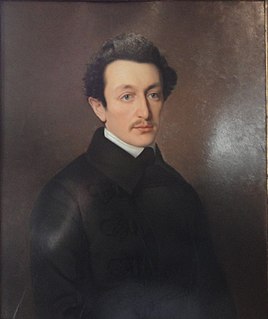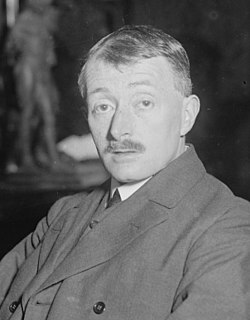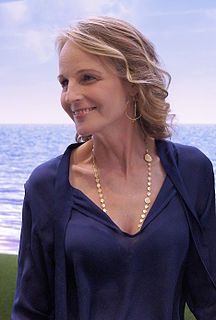A Quote by Louis Althusser
Philosophy is, in the last instance, class struggle in the field of theory.
Quote Topics
Related Quotes
I work in the field of art, and you know how during a period of Marxist ideology, fewer people are inclined to believe in the power of the culture as a whole: they believe in the revolutionary potential of economics, class struggle theory.. ..Therefore it's time to show that art means the power of creativity, and it's time to define art in a larger way, to include science and religion too..(1973
The intellectual and moral satisfaction that I failed to gain from the utilitarianism of Bentham and Mill, the revolutionary methods of Marx and Lenin, the social contract theory of Hobbes, the "back to nature" optimism of Rousseau, and the superman philosophy of Nietzsche, I found in the nonviolent resistance philosophy of Gandhi. I came to feel that this was the only morally and practically sound method open to oppressed people in their struggle for freedom.
We can summarize electricity, magnetism and gravity into equations one inch long, and that's the power of field theory. And so I said to myself: I will create a field theory of strings. And when I did it one day, it was incredible, realizing that on a sheet of paper I can write down an equation which summarized almost all physical knowledge.
Poetry is a bad medium for philosophy. Everything in the philosophical poem has to satisfy irreconcilable requirements: for instance, the last demand that we should make of philosophy (that it be interesting) is the first we make of a poem; the philosophical poet has an elevated and methodical, but forlorn and absurd air as he works away at his flying tank, his sewing-machine that also plays the piano.
Moral theory develops from the divine command theory of medieval Christian philosophy, mixed up with a bit of ancient pagan virtue theory, to the purely secular moral sentiment and interpersonal reaction theories of Smith and Hume, to Kant's attempt to restore command theory but with something supersensible in the individual rather than God as the source of authority.
I got involved in cultural studies because I didn't think life was purely economically determined. I took all this up as an argument with economic determinism. I lived my life as an argument with Marxism, and with neoliberalism. Their point is that, in the last instance, economy will determine it. But when is the last instance?









































